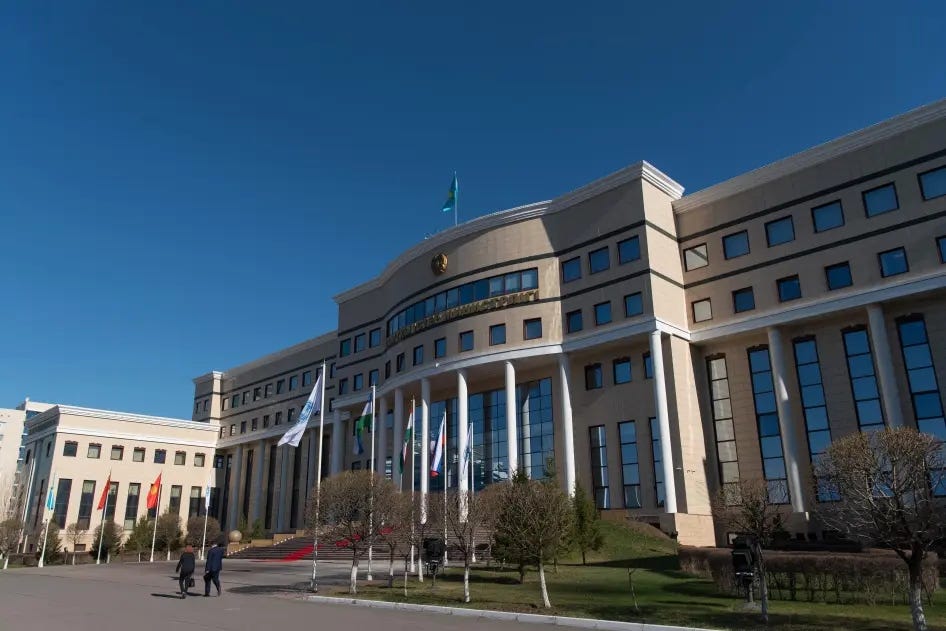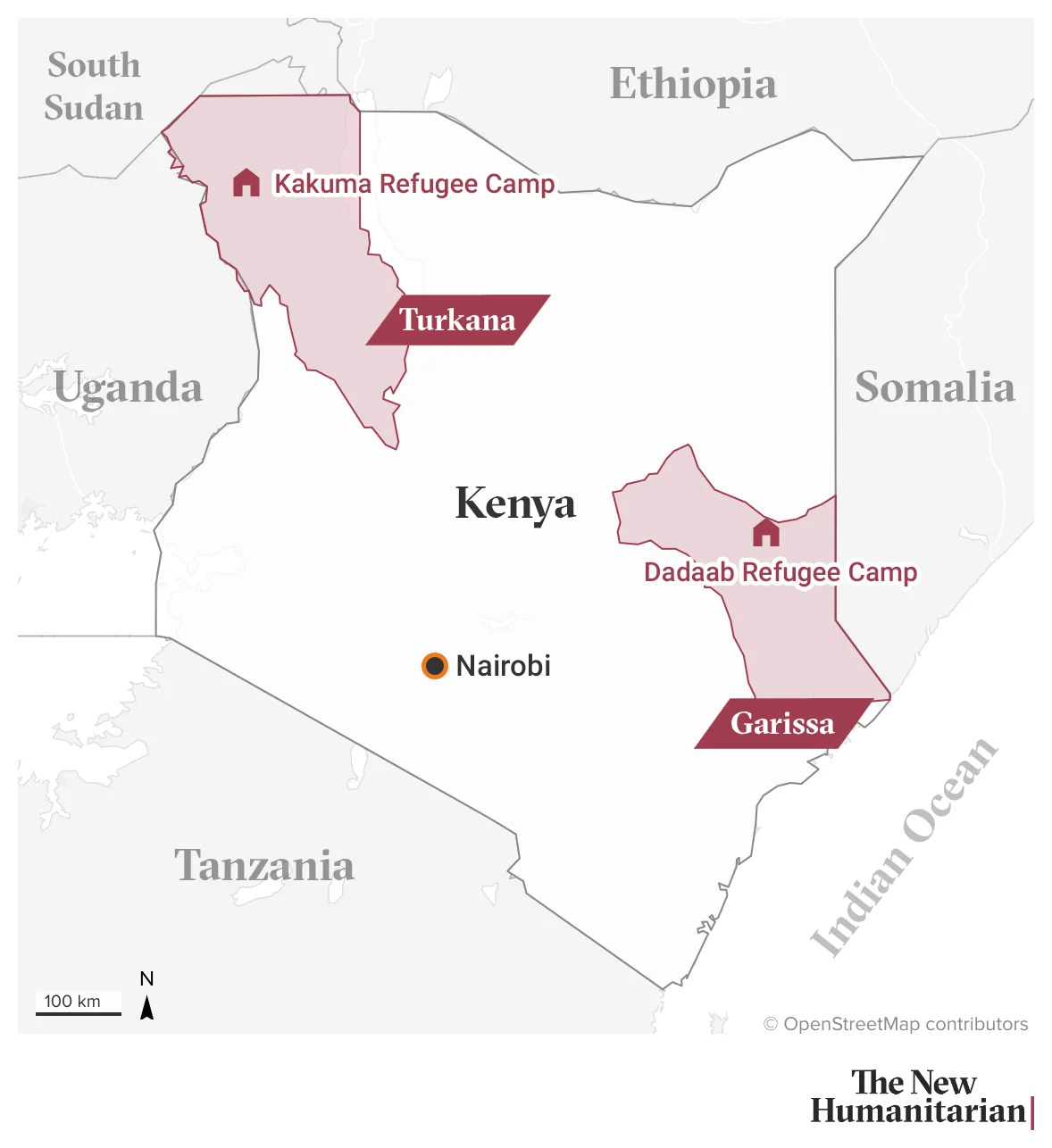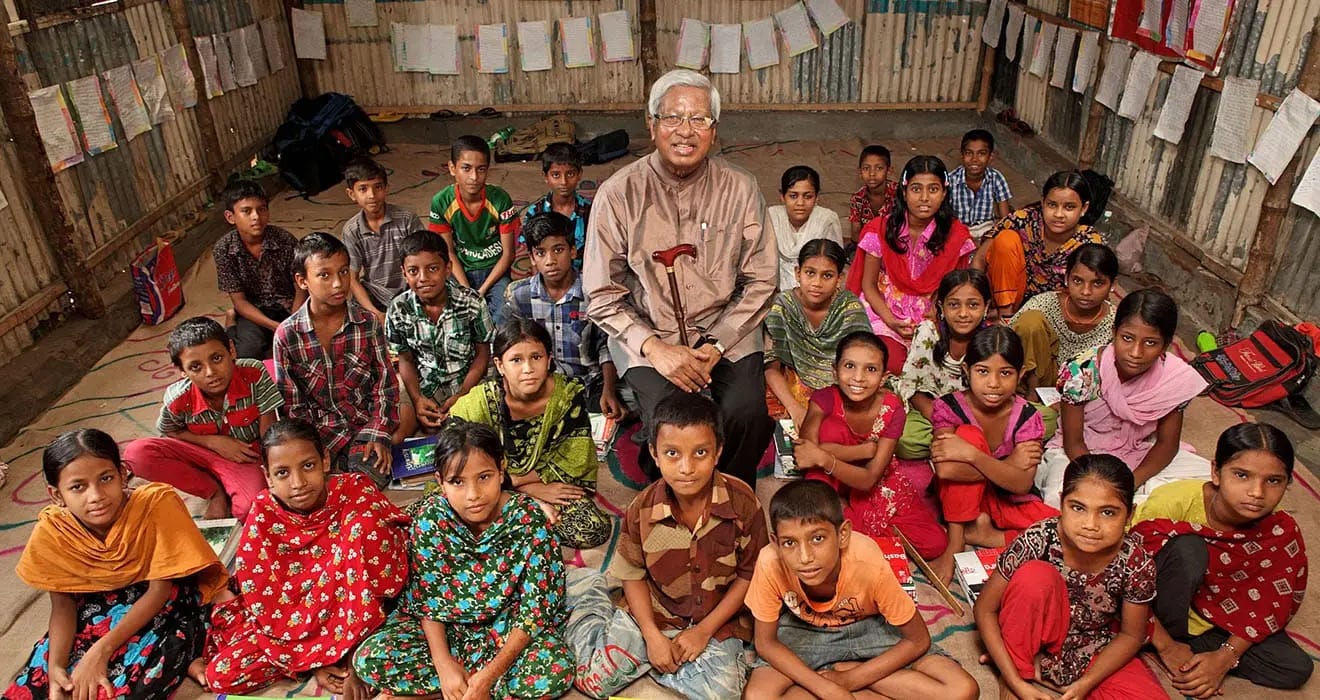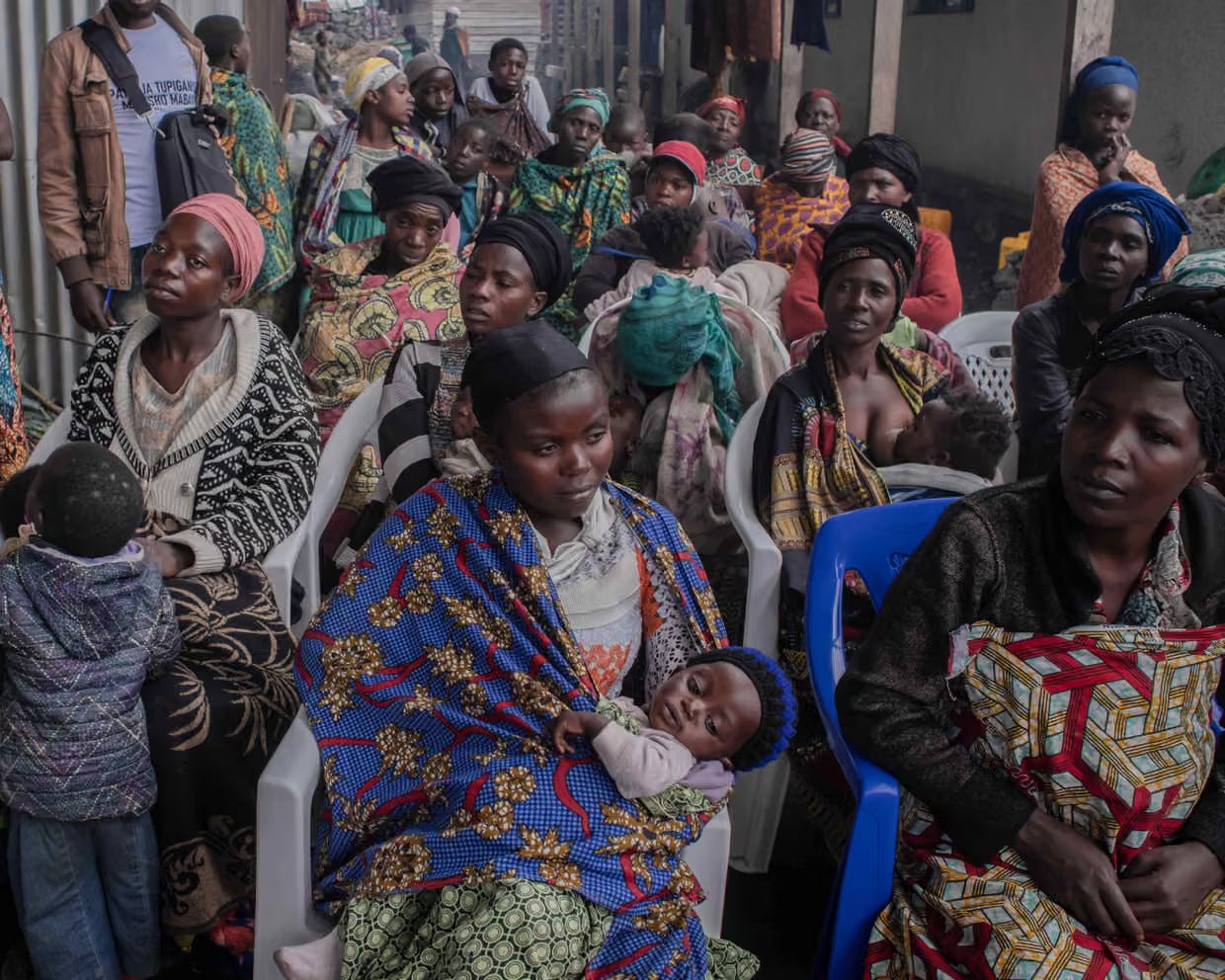Developmental Insights Edition 15
In Discussion this week: The Rise of Community Led Philanthropy
Welcome to edition 15 of Developmental Insights! I would like to thank you all for subscribing to the newsletter as I hit 100 subscribers last week - I could not have got to this number without your support. Since then, I have kept growing steadily and now I have 108 subscribers!
In this edition, we head to Kazakhstan to view the treatment of journalists, discuss Kenya’s plan to integrate refugees into society and explore a new approach to poverty. We then go to the UK to see the impact of the latest aid cuts before ending in Mexico to acknowledge law changes to the biometric ID.
Without further adieu:
Journalists denied accreditation in Kazakhstan
Kazakhstan’s Foreign Affairs Ministry has withheld accreditation from 16 journalists for the Kazakh service of Radio Free Europe/ Radio Liberty. This action has been branded by the Human Rights Watch as a blatant attack on independent media. As a result, these journalists have been barred from carrying out their professional duties in the country. Supporting independent journalism, the radio reports on key issues including corruption, social inequality, gender based violence and political repression.
Unfortunately, this denial of accreditation is not an isolated incident but is part of a larger pattern of administration harassment that is aimed at prohibiting independent media. The same actions occurred in 2022 and 2024. During the United Nations’ Universal Period Review (when each member state is reviewed by other member states every 4.5 years) in January of this year, nearly a dozen countries urged media freedom and protection of media workers, bloggers and journalists. Nevertheless, Kazakhstan did not support this.
Kenya’s Refugee Integration Plan runs into Local Opposition
In March this year, Kenya introduced the Shrika Plan with the intention that it would transform the country’s refuge camps into self-reliant and integrated settlements. The idea is to integrate Dadaab (in the East) and Kakuma (in the North West) refugee camps into their respective counties (Garissa and Turkana) so that they can take control of the service delivery from United Nations agencies and NGOs. The plan has been celebrated as a ‘landmark initiative that will build inclusion and independence’ for Kenya’s 840,000 registered refugees and asylum seekers.
Despite the optimism, the plan has been viewed sceptically by politicians in both counties who worry that it will drain local resources and exacerbate tensions in Kenya’s poorest counties. Daadab MP Farah Maalim stated that it would be a ‘humanitarian catastrophe’ while Turkana West’s MPs described it as a ‘recipe for conflict’. There are also environmental damage risks for resources between the refugees and locals of the counties.
The graduation approach as an enabler to end poverty
An article by Bond highlighted the ‘graduation’ approach as a way to end poverty. Rooted in international developmental organisation BRAC’s belief that poverty is multidimensional, the aim is to graduate participants out of poverty. Graduation combines economic empowerment and psycho-social support, and recognises that people need both resources and confidence to create lasting change. First implemented in Bangladesh, 95% of its participants graduated from extreme poverty while 93% were still experiencing the benefits seven years later.
Nevertheless, it has been critiqued heavily. Primarily it needs a large amount of upfront investment as training and ongoing support is a crucial part. Another criticism of the programme is its adaptability in different contexts - like many other interventions, implementation across different cultures requires deep understanding and customisation. Despite this, the approach has been adapted across different contexts such as for refugees and with those with disabilities.
Aid cuts in the UK will hit hard children’s education and raise risks of death
Deep cuts from Labour will hit children’s education and increase the risk of death and disease in some African countries. Prime Minister Keir Starmer announced earlier this year that he would reduce the aid budget from 0.5% to 0.3% to fund increased spending on defence. The government has prioritised spending through the International Development Association (IDA) and the global vaccines initiative.
Unfortunately, across African countries (primarily, the DRC, Mozambique, Zimbabwe and Ethiopia) , spending has been reduced in areas within and around health such as women’s health, strengthening systems and health emergency responses. In the same vein, education programmes in Ethiopia, Sierra Leone, Nigeria and Zimbabwe are predicted to close early in 2025 to 2026.
The new Biometric ID in Mexico has been open to criticism
Last month, Mexico approved changes to existing laws which introduced mandatory biometric ID cards for citizens. This action raised concerns among digital rights activists about the collection, use, sharing and storage of personal data. As a way to fight organised crime and drug trafficking, law has given law enforcement agencies access to databases containing personal information.
President Claudia Sheinbaum has stated that the data will not be used for surveillance under the law, however, lawmakers in opposition have dubbed it the Spy Bill. Other rights groups worry that the changes will enable a mass surveillance system with little accountability and no provisions to identify any wrong use of the data.
In Discussion this week:
The Rise of Community Led Philanthropy
Two weeks ago, Alliance Magazine published an article on the importance of local or community led philanthropy - that is assets that have been shaped by local context and culture that are then shared amongst the community. Over the years, community led philanthropy has been on the rise - and will probably continue to be so. This article will delve into the phenomenon, provide some real world examples before giving 4 reasons why it has been on the rise.
Click on this link for the rest of the article!
Thanks for reading edition 15 of Developmental Insights - I hope you enjoyed it and found it informative! Please subscribe to the newsletter if you would like to continue receiving it straight to your inbox every other Friday!
I am always open to suggestions or feedback so please send anything to developmentalinsights@gmail.com or, simply add a comment below!
I look forward to connecting with you further in future editions!
Best,
Harkiran







Well done Kiran keep up the work!